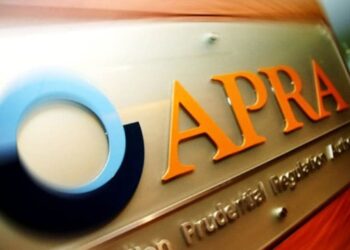Superannuation funds which passed the Your Future, Your Super performance test by a significant margin have increased their fees by 5%, according to Grattan research.
For a representative $50,000 balance member from September 2020 to June 2022, these funds, classed as those which outperformed by 50bps or more, had increased fees by average of 5%.
Grattan said this indicated it was important the Federal Government should focus on implementing measures such as a ‘best in show’ process for selecting default funds, as recommended by the Productivity Commission. This would “inject broader, wholesale competitive pressure into the system”.
“Under the Commission’s recommendation, Australians would be defaulted into one of a short-list of ’best-in-show’ funds selected by independent experts (although people would retain the right to choose another fund). ‘Best-in-show’ would improve returns because funds would compete to make the shortlist and stay there.”
On the other hand, members of super funds that failed the first round of the performance test in 2021 had seen a 20% cut in their fees, saving more than $100 million in fees.
This included Commonwealth Bank Group Super and Colonial First State which had reduced fees and since passed the second performance test.
For a young worker, Grattan said this could translate into a $20,000 boost to their super balance by the time they retired.
It said the Productivity Commission estimated if the 50 highest-cost funds merged with the 10 lowest-cost funds, the annual savings would be about $1.8 billion.




